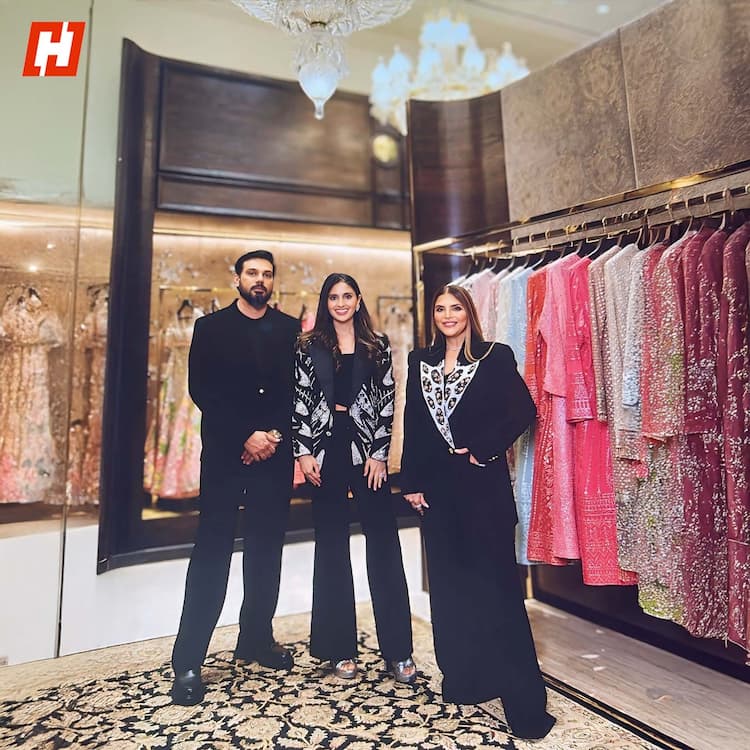Rajasthan, the land of palaces, forts, and vibrant festivals, carries its identity not just in its architecture or food, but in the folds of its clothing. Among its many treasures, the Rajasthani Poshak stands out as a symbol of elegance, culture, and royal legacy. It’s not merely an outfit; it’s a story stitched with tradition, embroidered with pride, and coloured in emotions as vivid as the state itself.
A glimpse into royal roots
The Rajasthani poshak traces its origin to the royal courts of Rajputana, where every garment was a statement of prestige and power. It was the attire of queens and noblewomen, designed not only for beauty but also to signify status. Rich silks, luxurious velvets, and intricate gota-patti embroidery turned these garments into royal masterpieces.
Each fold and embellishment spoke of Rajasthan’s glorious past, a time when women dressed not merely to impress but to express their heritage. Even today, wearing a poshak feels like stepping into history, a gentle nod to the regal era where elegance met tradition in its truest form.
The beauty of the Rajasthani poshak lies in its completeness. It’s a traditional four-piece stitched ensemble that includes:
Together, these elements form a timeless silhouette that flatters every frame. While the cuts may have evolved with time, the essence modest yet majestic remains untouched.
Colours that speak without words
What sets the Rajasthani poshak apart is its language of colour. Each shade has meaning, emotion, and purpose. Red symbolises love and marital bliss, often worn by brides. Yellow represents prosperity and good fortune,a favourite during religious ceremonies. Blue stands for bravery, echoing Rajasthan’s warrior heritage.
These vibrant hues aren’t just aesthetic choices; they reflect the spirit of the desert itself. Amid the arid landscapes, Rajasthan’s people use colour to paint their world alive a celebration of resilience, joy, and community.
Crafted by hand, woven with heart
Every poshak is a labour of love, brought to life by artisans who have preserved age-old textile traditions. Techniques like bandhani (tie-dye), leheriya (wave patterns), and block printing give each piece its unique identity. The famed gota-patti work golden ribbon embroidery adds a royal shimmer to the fabric, catching light and admiration alike.
No two poshaks are ever truly identical; each is a handcrafted artwork carrying the soul of its maker and the legacy of a centuries-old craft.






